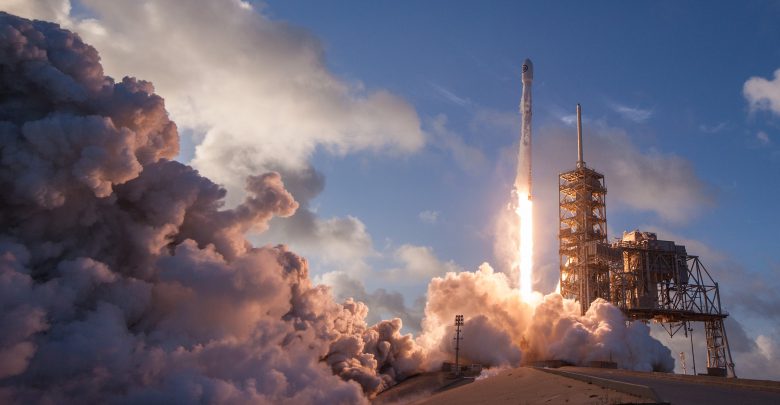Africa and Middle EastAllAllAllAllAsia and OceaniaEuropeOngoingOngoingOngoingOngoingThe Americas
Who Owns the Moon? The Current Ambiguity of Space Law
This week marks the fiftieth anniversary of Neil Armstrong’s ‘one small step’ on the surface of the moon. With calls to reignite the space race that culminated in mankind’s first ‘giant leap’, now may be time to establish an international legal framework for space.

Recently, several nations and corporations have taken up an interest in space exploration with motives beyond scientific advancement and glory. There have been proposals to explore the moon for resources, colonize and establish settlements on the moon and Mars and to create an industry dedicated to space tourism.
With Russia, China, the US and India proposing missions to explore lunar resources and an increasing number of companies showing an interest in space, maybe now is the time to consider the need to develop and clarify space law in order to prevent future conflicts and establish an internationally recognized legal system– or interstellarly recognized for that matter.
Issues with Current Space Law
The foundation of space law is the Outer Space Treaty of 1967 which establishes basic principles such as the idea that space is free for exploration and use by all states and that no claims to sovereignty can be made. In other words – no one can now or ever own the moon. Additional agreements that came later assign liability for damage caused by space objects and require any capable state to help rescue astronauts in distress.
In addition to nations seeking to explore space, a number of space industrialists in the private sector have emerged including such high-profile ventures as Elon Musk’s SpaceX, Richard Branson’s Virgin Galactica and Jeff Bezos’s Blue Origin.
The current laws assume that space is a territory dominated by nation-states, leaving large aspects ambiguous when it comes to the rights and, more importantly, responsibilities of private corporations seeking to operate in the realm of space. The current treaty does not state what corporations are allowed to do or explicitly forbidden from doing in space. Two primary areas of growing concern include space debris and resource extraction.
According to NASA – the American space agency – they are currently tracking more than 500,000 pieces of space garbage in the Earth’s orbit. This debris poses potential dangers to space stations, satellites and any space exploration projects.
Companies wishing to launch objects into space must obtain licensing and approval from the relevant national governments, but the current international guidelines and system under the UN’s International Telecommunication Union lacks authority and operates more like an informal agreement between nations. With more private companies slated to launch hundreds of objects into space in the near future, the problem of accumulating space junk will only worsen, and the danger of collision will be amplified.
Liability and space clean-up laws will likely also require an overhaul to deal with the changing reality of space. According to the current statutes, an object in space belongs to the government that launched it in perpetuity. When you have private companies based in one country launching objects from the territories of others, the water becomes murky quickly.
There are additional issues of liability, responsibility and ownership that complicate any effective space clean-up operations that will increasingly become necessary to prevent future collisions and damage.
Exploring and Extracting Resources in Space
While space mining is a less pressing issue, with the technology to effectively and efficiently mine space resources still under development, international legislation could mitigate future conflict and establish a foundational understanding for the legality of space mining.
One place to look for inspiration for space law could be the current maritime law governing international waters. There are currently two frameworks covering maritime activities. One principle applies to resources such as fish where countries are permitted to harvest without much restriction. The other framework governs seabed exploration and mining which is overseen by an international body, the International Seabed Authority, which grants permission to extract resources. The current trajectory of space law suggests that the former rather than the later framework will likely be more agreeable to most nations.
Another legal space issue that has been raised is the protection of historic space sites like Tranquility Base – Apollo 11’s moon landing site. As of now, these sites do not have any legal protection. With ambitious plans for space and moon exploration, these sites could be threatened by increased human activity in space. The moon landing site is scientifically and historically important to mankind and many see its preservation as critical.
While these legal issues surrounding space exploration may not seem pressing, if they are not addressed by the time nations and corporations develop more advanced space exploration and exploitation technology, the temptation to claim resources and celestial bodies could result in parts of outer space no being ‘free for all’ humanity anymore.


